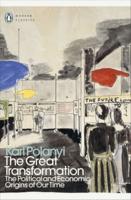Publisher's Synopsis
This edited volume explores the evolving practices and essential role of health and science journalists as they cover topics like conflict, displacement, and global pandemics. Amid a changing media landscape and new communication technologies, journalists in various countries report facing similar key challenges, stressors, and threats to professionalism. Contributors identify and explore these shared challenges, including funding cuts, unrealistic expectations for productivity, public mistrust and disregard for facts, and increasingly polarized coverage, and they note that these challenges are further intensified for journalists living and working in the Global South. Factors like the COVID-19 pandemic and geopolitical conflict continue to disrupt economic and social systems and increase global inequities, including health outcomes, making the role of health and science journalists more crucial than ever. Contributors to this volume provide diverse perspectives and methodologies across a spectrum of communities and regions, unpacking the numerous roles that journalists and media organizations play during crises with chapters investigating topics including newsroom experiences, perceived influences on their professional identities, and the use of AI in journalism. Ultimately, this book illustrates the dramatic changes and new challenges to health and science journalism in the twenty-first century and highlights the resilience and adaptability of these journalists as they navigate unprecedented challenges to inform the public. Scholars of journalism, communication, public health, sociology, and political science will find this book of particular interest.









